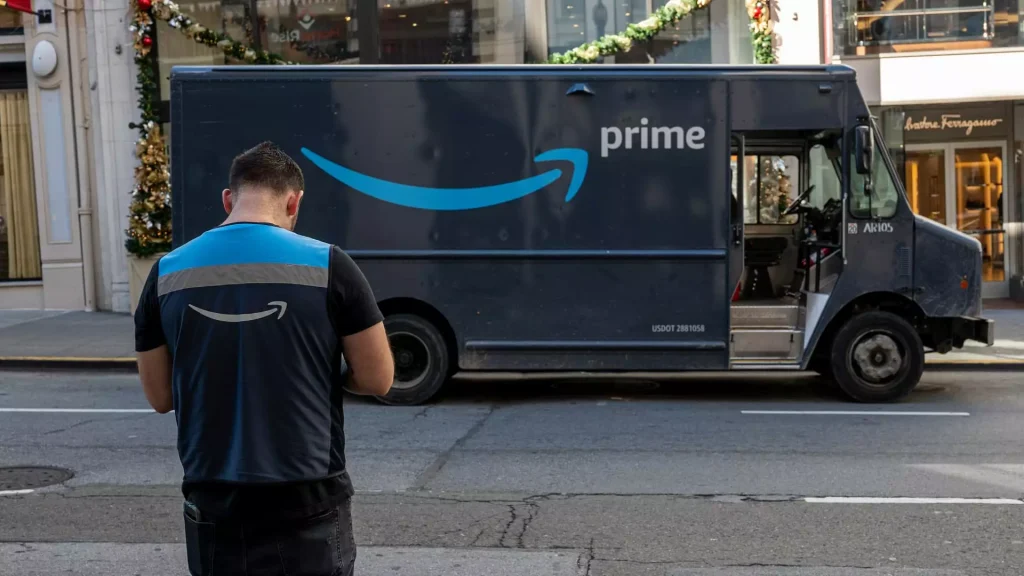The FTC’s legal battle with Amazon over alleged consumer deception in its Prime program has hit a snag, with the agency requesting a trial delay from its September 22 start due to severe resource constraints. This plea exposes deeper issues within the FTC, raising doubts about its ability to regulate giants like Amazon amid budget cuts and staffing shortages. Critics see this as a sign of weakened consumer protection under the current administration, especially as the economy favors mega-corporations.

FTC attorney Jonathan Cohen highlighted losses in workforce and capacity, worsened by the Department of Government Efficiency (DOGE) cuts, led by Elon Musk, which slashed 62,000 federal jobs in a month. This fuels fears that a hobbled FTC could embolden monopolistic practices. Amazon’s legal team, led by John Hueston, opposes the delay, arguing the FTC hasn’t proven unpreparedness, setting up a tense courtroom clash. Amazon dismisses the FTC’s claims of deceptive subscriptions as baseless, aiming to undermine the agency’s credibility.
Leadership shifts add complexity—Lina Khan’s aggressive antitrust stance has given way to Trump appointee Andrew Ferguson, potentially softening the FTC’s approach. Amazon’s political ties further muddy the waters, hinting at a regulatory landscape tilted in its favor. The case’s outcome could reshape online consumer rights, spotlighting broader issues of fairness and accountability in a digital market dominated by powerful corporations. The FTC’s struggle reflects not just a scheduling hiccup, but a critical test of regulatory integrity in the face of innovation and influence.




